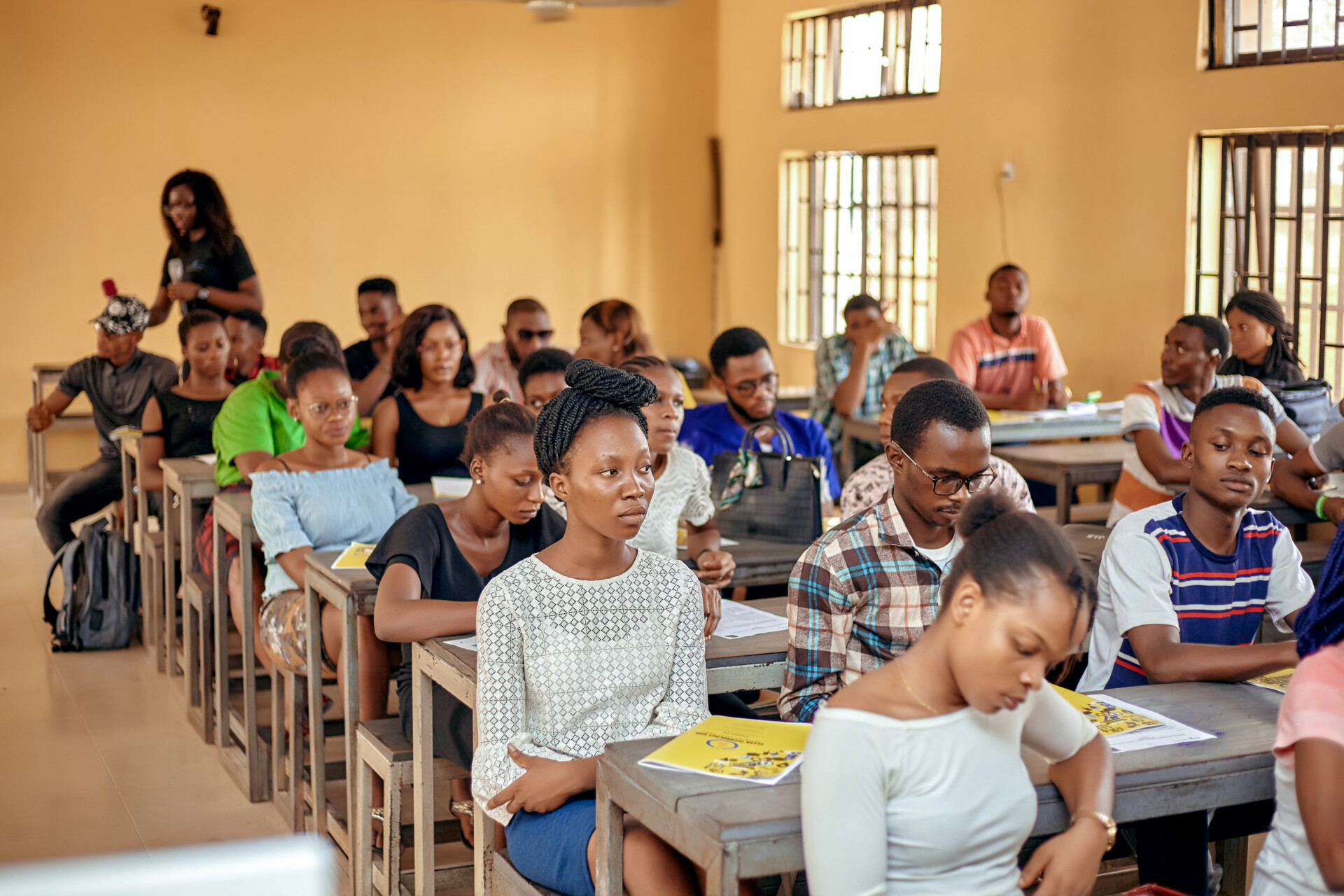Biraj Gautam and Rabin Shrestha share their lessons from the latest visits to the micro hydro power sites in Jumla and Baglung.
International Conference on Renewable Energies in Rural Areas
Large parts of rural Africa are not connected to national electricity grids and this fact will probably never change. As renewable energies are becoming cheaper, grid extension is becoming an unattractive option in comparison to the opportunities for decentralised power generation from renewables.
In many off-grid areas renewables are also more cost-effective than diesel-generated power. Nevertheless, there are still huge hurdles for sustainable energies to overcome in rural parts of the world. In order to discuss these topics, IRENA organised the 1st International Off-Grid Renewable Energy Conference (IOREC), which was held in Accra, Ghana on 1 and 2 November 2012. The main results from the WISIONS perspective are:
- the price developments of solar photovoltaic on the one hand, and oil and diesel on the other, have created a new recognition of – and enthusiasm for – renewable energies in developing countries.
- high subsidies for fossil fuels present a major obstacle to the uptake of renewables in many southern hemisphere countries.
- innovative business models are being developed in the sector of so-called Solar Home Systems (SHS). These models use mobile money as a payment tool and function without any external donor support.
- long-term financing models for renewable energies are a key element for the future development of renewable energies; however, such models do not yet exist.
- building national or even supranational regulatory frameworks for renewables seems to be a crucial driver to up scaling renewable energies in rural areas.
For more information on the conference visit www.iorec.org


